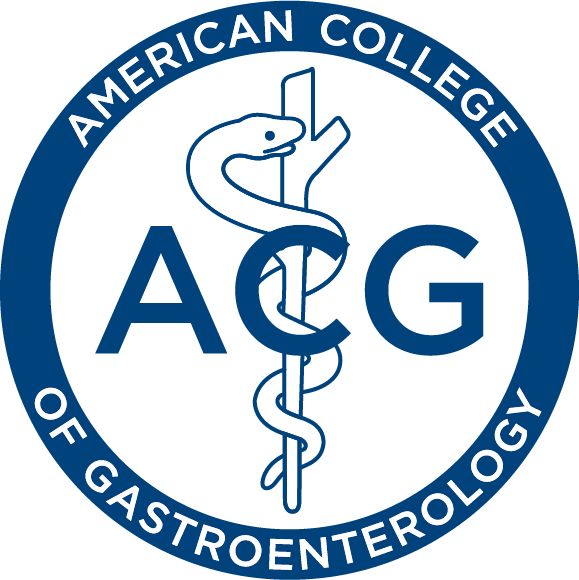Antibiotic Therapy Promising for Ulcerative Colitis; and Alcoholic Liver Disease Mortality Featured in August Issue of The American Journal of Gastroenterology
Newswise — The link between Hormone Replacement Therapy (HRT) and reduced risk of distal large bowel cancer in women; a promising combination antibiotic therapy for ulcerative colitis patients; and the high-rate of alcoholic liver disease mortality, are among the scientific findings featured in the August issue of The American Journal of Gastroenterology.
Longer duration of use of hormone replacement therapy is associated with an increased reduction of distal large bowel cancer incidence among women, regardless of race, according to the findings of “Hormone Replacement Therapy, Oral Contraceptive Use, and Distal Large Bowel Cancer: A Population-Based Case-Control Study,” published in the August issue. However, oral contraceptives, when modern-day formulations are included, do not reduce the risk of distal large bowel cancer incidence for both Caucasian and African American women.
A small study from Japan, “Newly Developed Antibiotic Combination Therapy for Ulcerative Colitis: A Double-Blind Placebo-Controlled Multicenter Trial,” randomized 105 patients to placebo and 105 to a two-week antibiotic combination therapy and found that antibiotic treatment produced improvement, remission, and steroid withdrawal in active ulcerative colitis patients more effectively than a placebo. Investigators suggest this antibiotic combination therapy should be considered alongside conventional therapy in patients with relapsing ulcerative colitis as an alternative to undertaking surgery.
Alcohol-related liver disease (ALD) is a significant burden on public health, with alcohol consumption accounting for an estimated 3.8% of global mortality. A total of 287,365 deaths were observed over a 24-year period in the study, “Alcoholic Liver Disease-Related Mortality in the United States: 1980-2003.” Over this 24-year period, ALD-related mortality decreased, whereas hepatitis C virus (HCV)-related mortality increased. However, ALD continues to be a significant cause of mortality. In 2003, the age-and-sex adjusted mortality rate was 4.4/100,000 for ALD and 2.9/100,000 for HCV.
This month’s Journal also features a number of other studies relating to digestive disease, including:• “A Decision-Analytic Evaluation of the Cost-Effectiveness of Family History-Based Colorectal Cancer Screening Programs,” found that family history screening (FHS) at age 40, followed by colonoscopy schedules following current guidelines, has moderate-to-poor cost-effectiveness when compared with population-wide screening at age 50. For persons identified as having higher risk based on family history, 5-year screening schedules appear to have superior cost-effectiveness to 10-year schedules.
• “Irritable Bowel Syndrome – Type Symptoms in Patients with Inflammatory Bowel Disease: A Real Association or Reflection of Occult Inflammation?” concluded that IBS-like symptoms are common in patients with IBD who are thought to be in clinical remission, but abnormal calprotectin levels suggest that the mechanism in most cases is likely to be occult inflammation, rather than coexistent IBS.
View the Table of Contents and abstracts from the August issue--including the studies cited above--online at The American Journal of Gastroenterology.
For full text files, please contact the ACG at [email protected] or 301-263-9000.
About the American College of GastroenterologyFounded in 1932, the American College of Gastroenterology (ACG) is an organization with an international membership of over 11,000 individuals from 80 countries. The College is committed to serving the clinically oriented digestive disease specialist through its emphasis on scholarly practice, teaching and research. The mission of the College is to serve the evolving needs of physicians in the delivery of high quality, scientifically sound, humanistic, ethical and cost-effective health care to gastroenterology patients.
About The American Journal of Gastroenterology The American Journal of Gastroenterology is published on behalf of the American College of Gastroenterology by Nature Publishing Group. As the leading clinical journal covering gastroenterology and hepatology, The American Journal of Gastroenterology (AJG) provides practical and professional support for clinicians dealing with the gastroenterological disorders seen most often in patients.
Published with practicing clinicians in mind, AJG devotes itself to publishing timely medical research in gastroenterology and hepatology. The Co-Editors-in-Chief are William D. Chey, MD, AGAF, FACG, FACP of the University of Michigan and Paul Moayyedi, BSc, MB ChB, PhD, MPH, FRCP, FRCPC, FACG of McMaster University.
MEDIA CONTACT
Register for reporter access to contact detailsCITATIONS
The American Journal of Gastroenterology (August, 2010)
